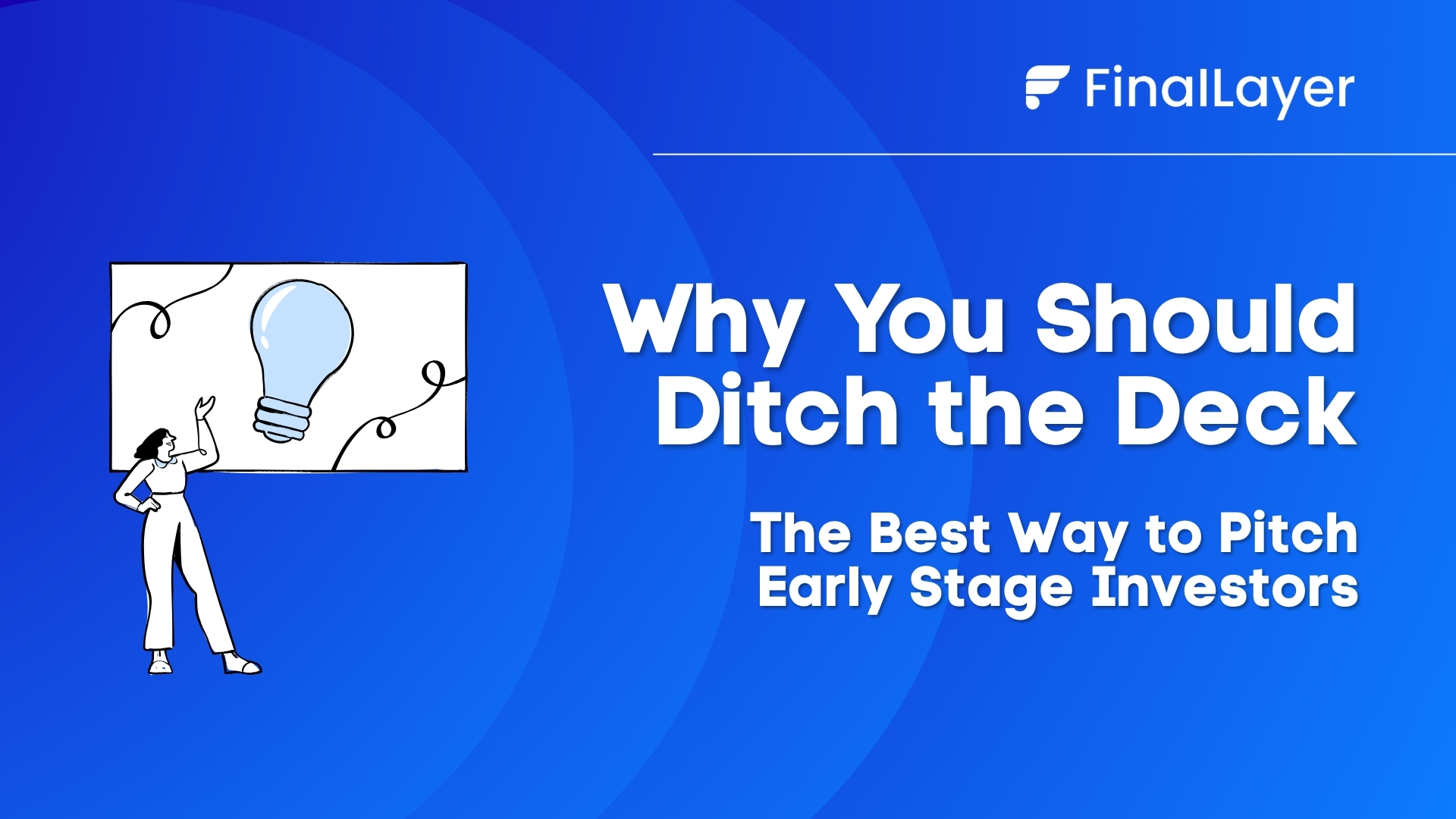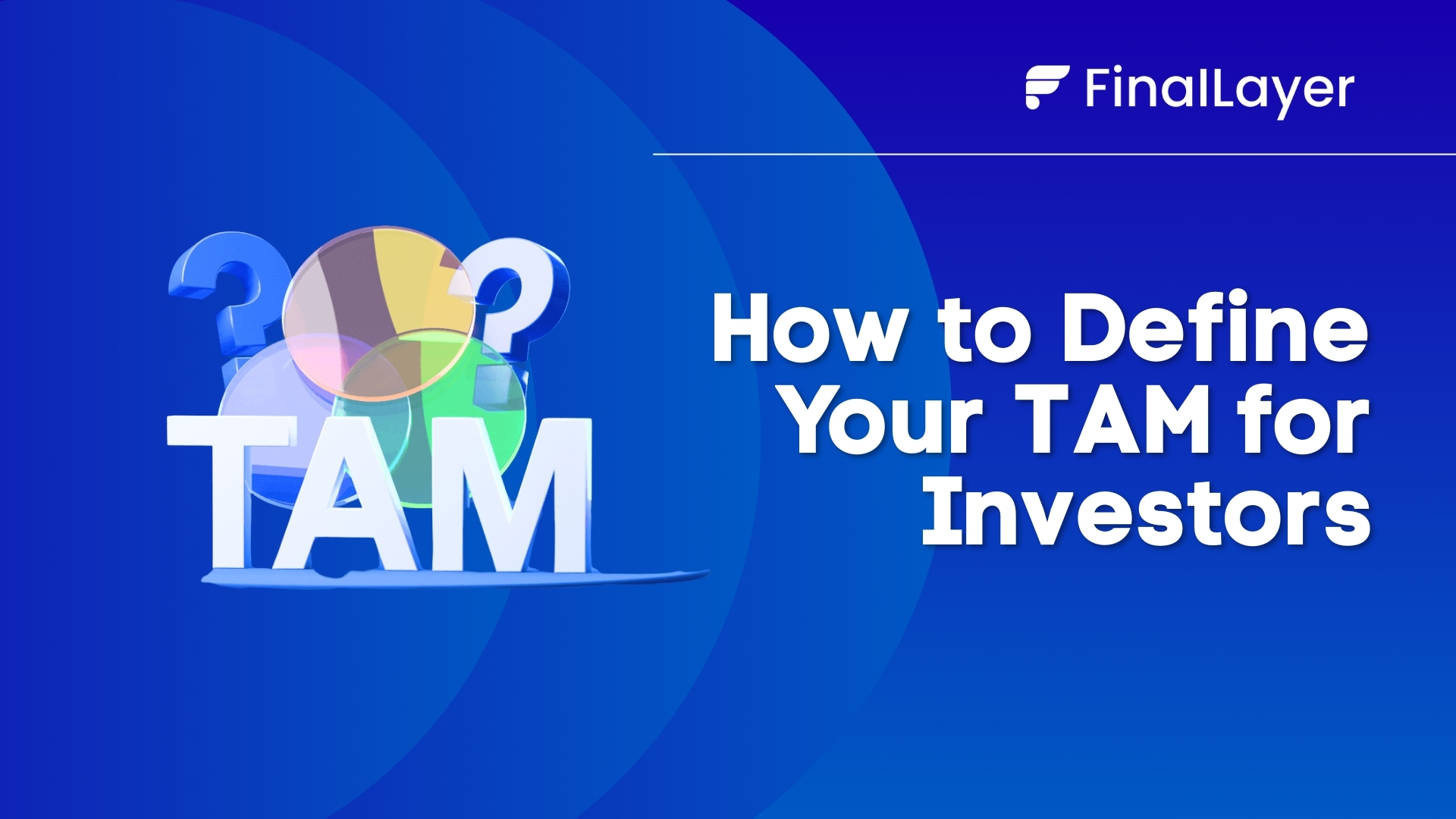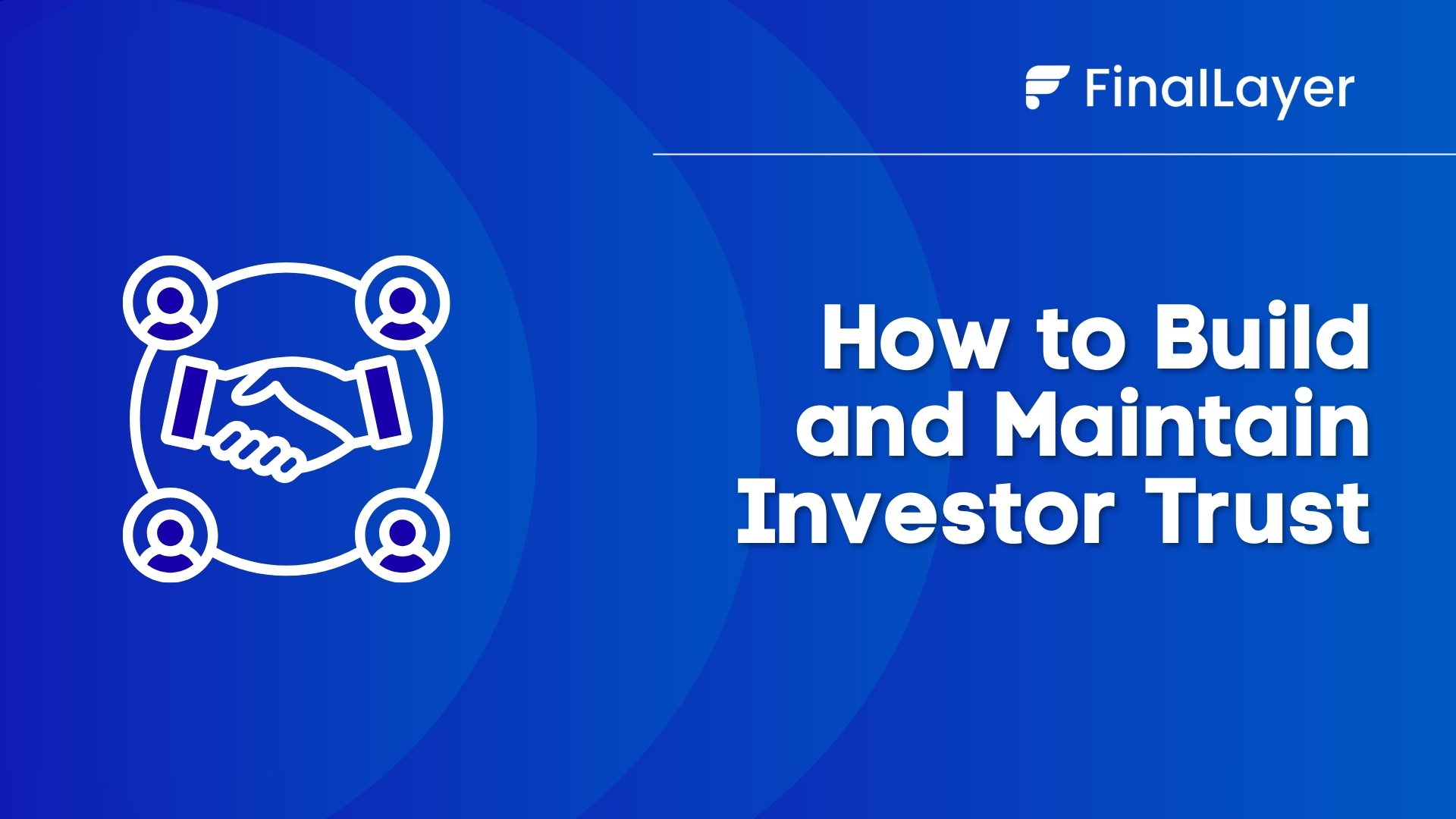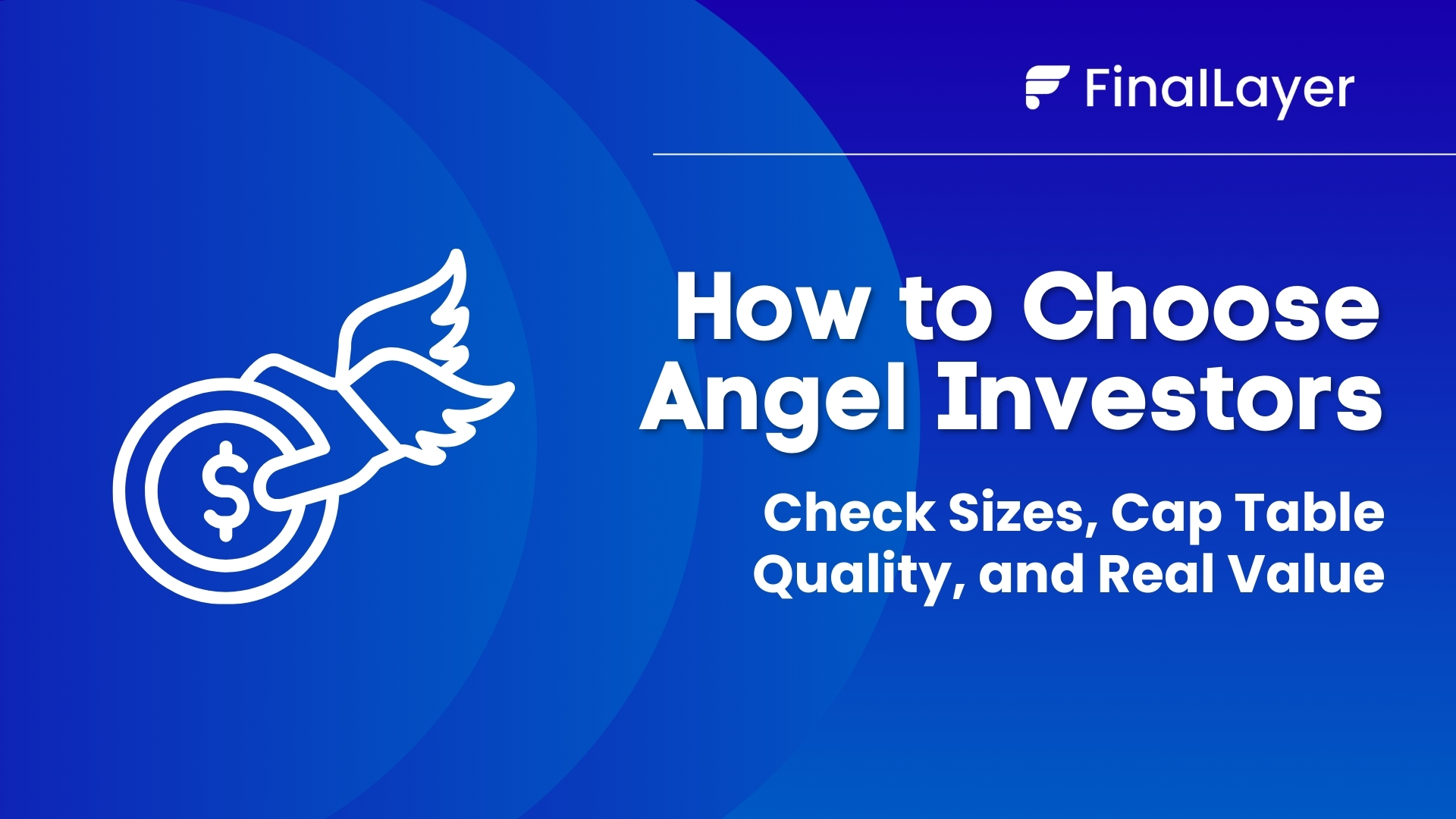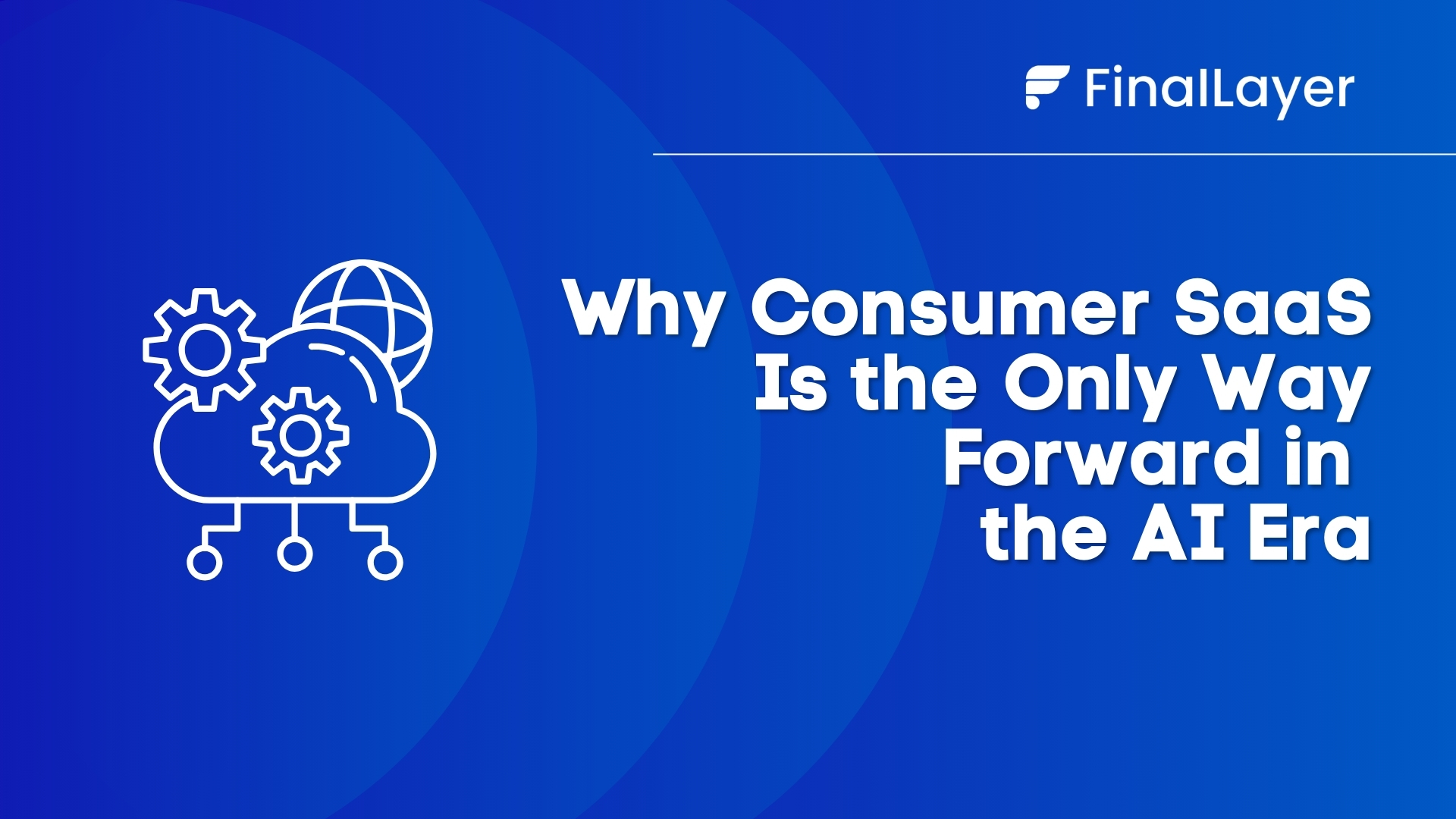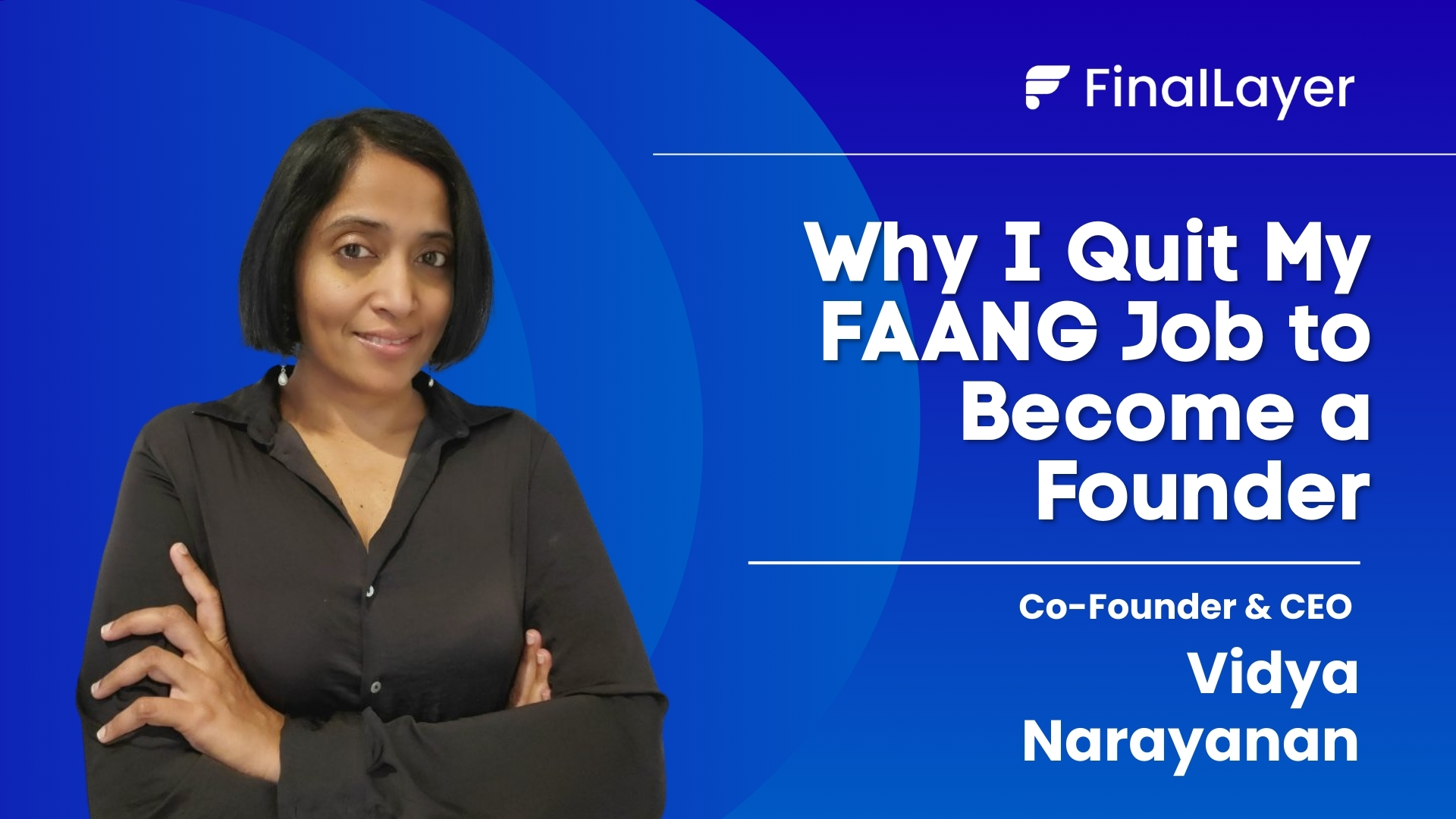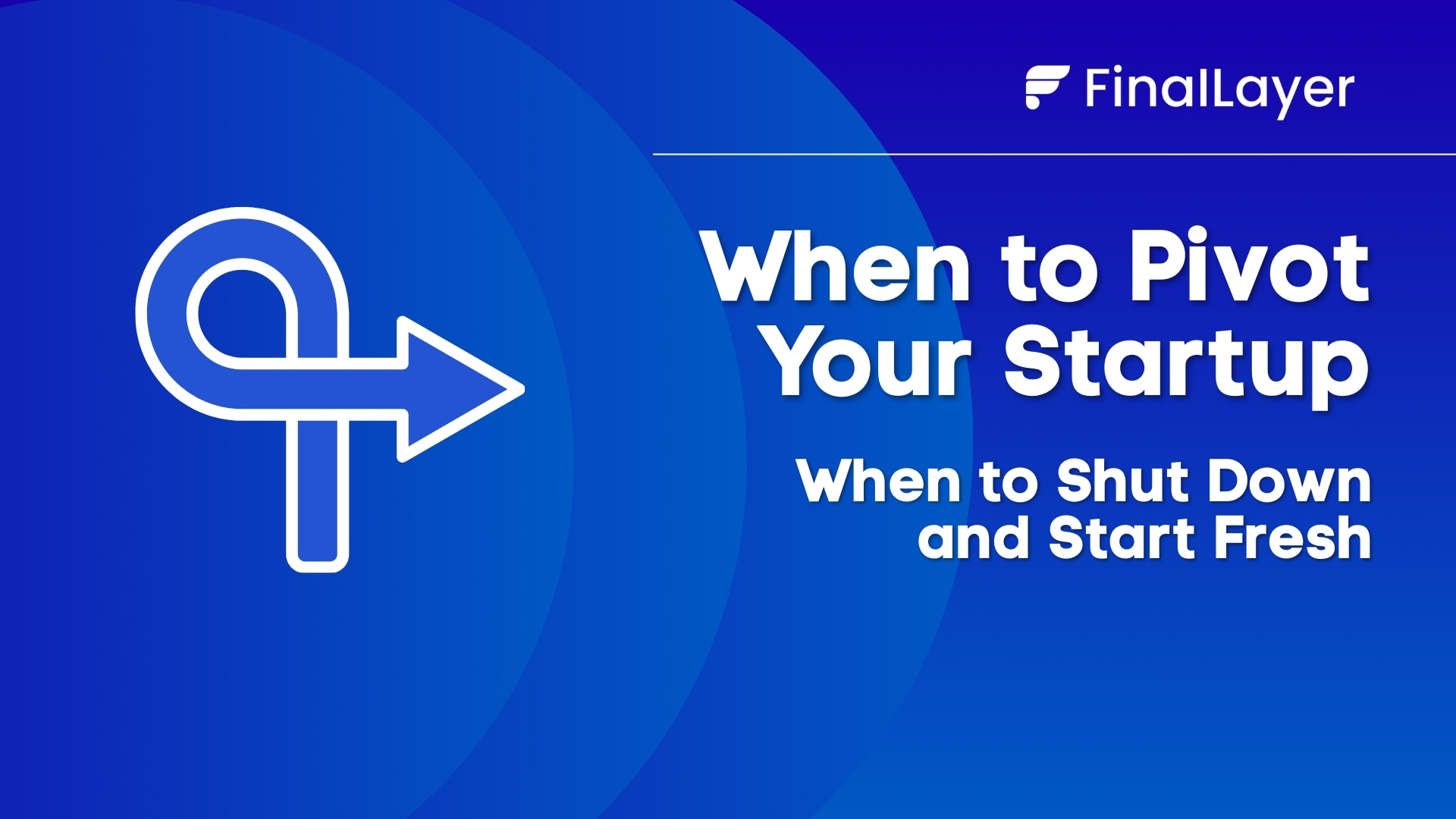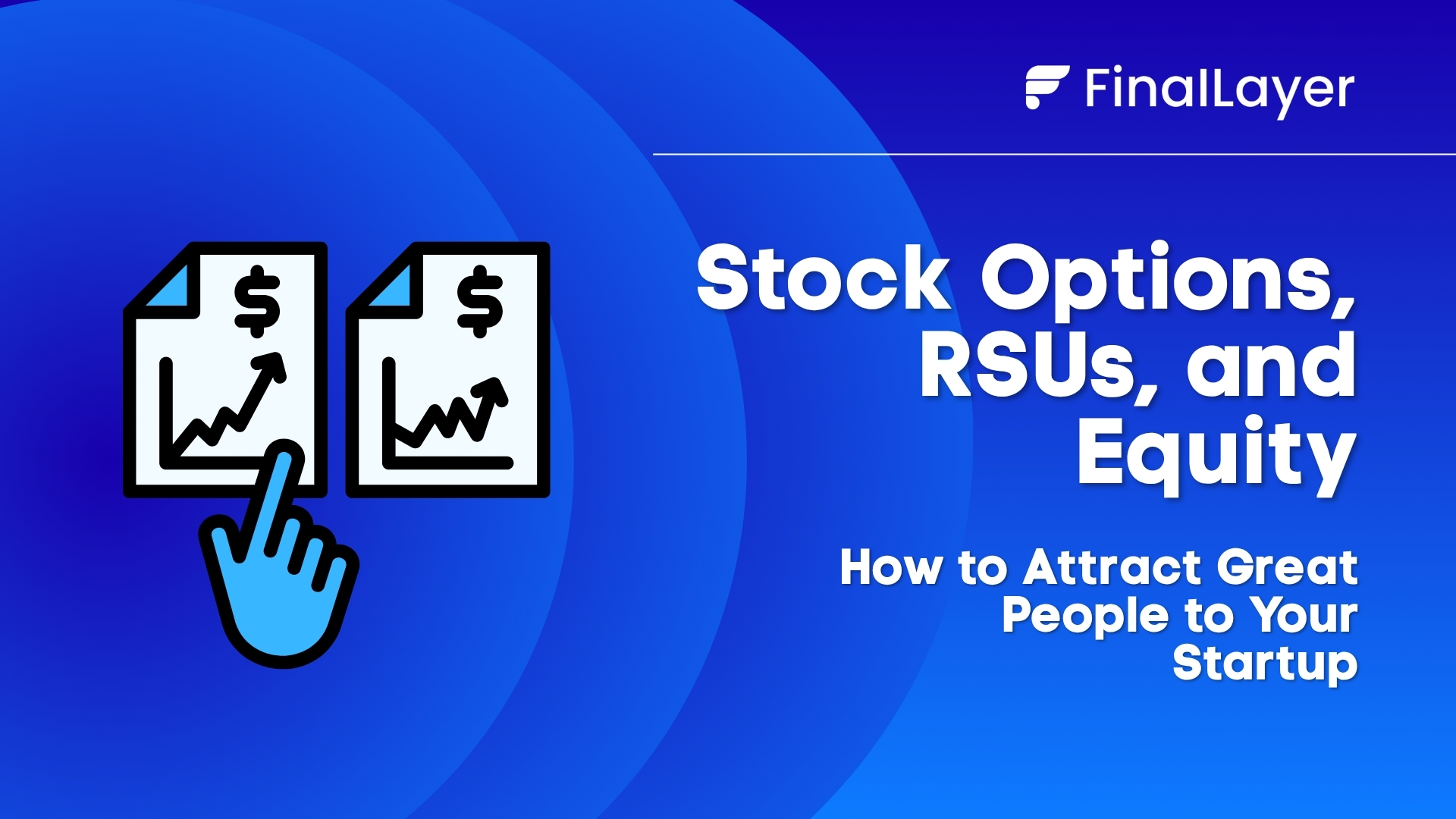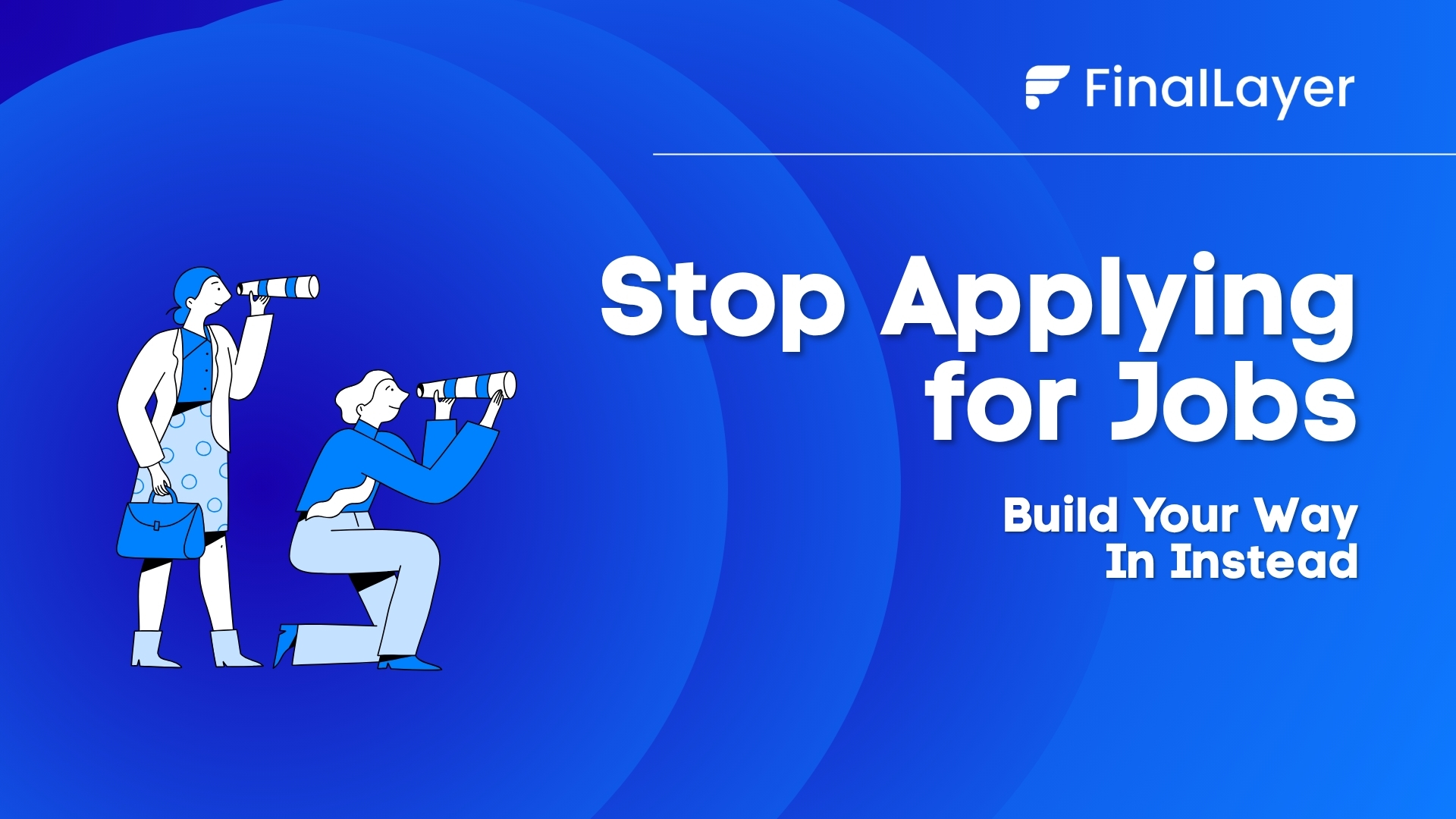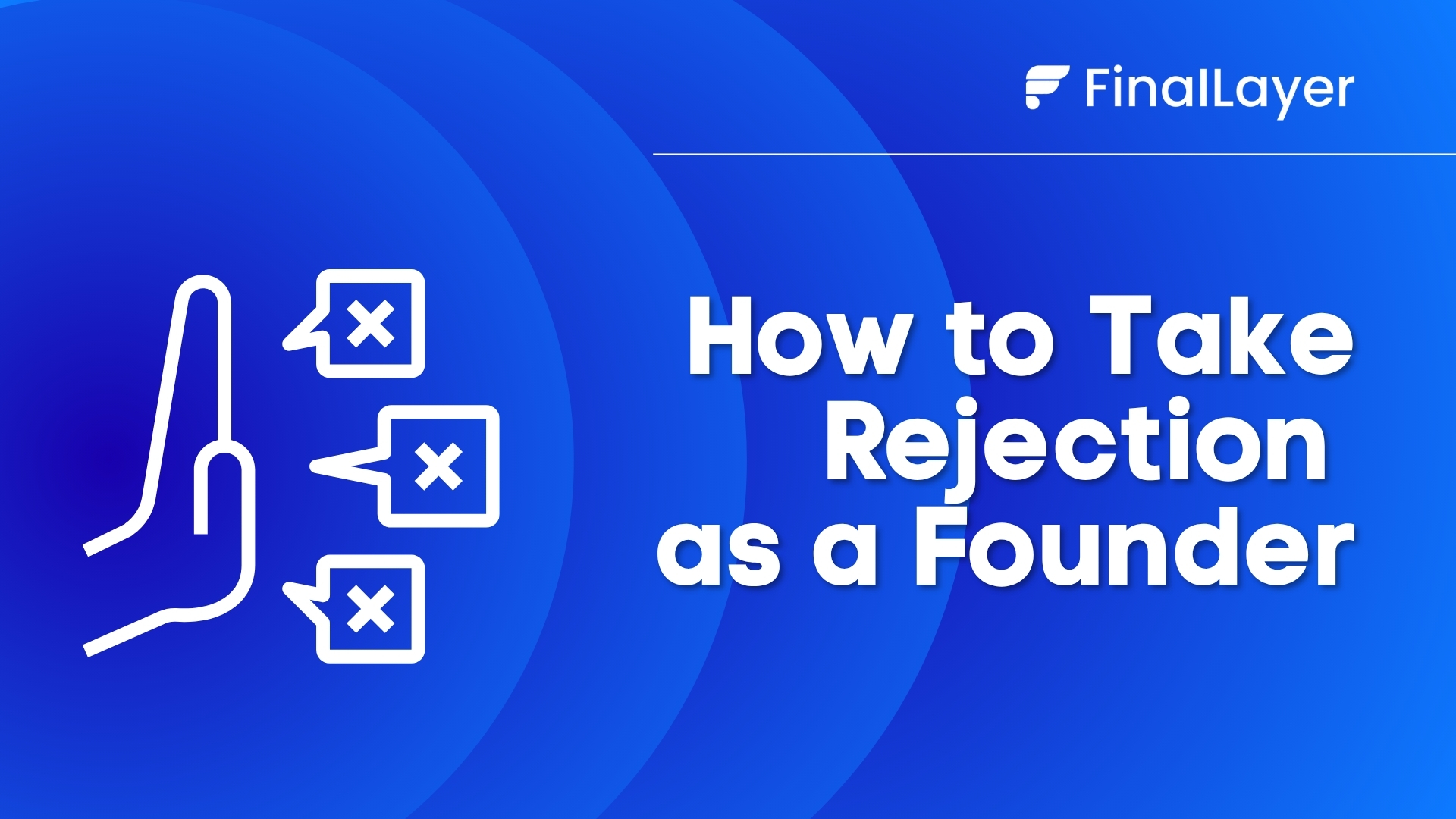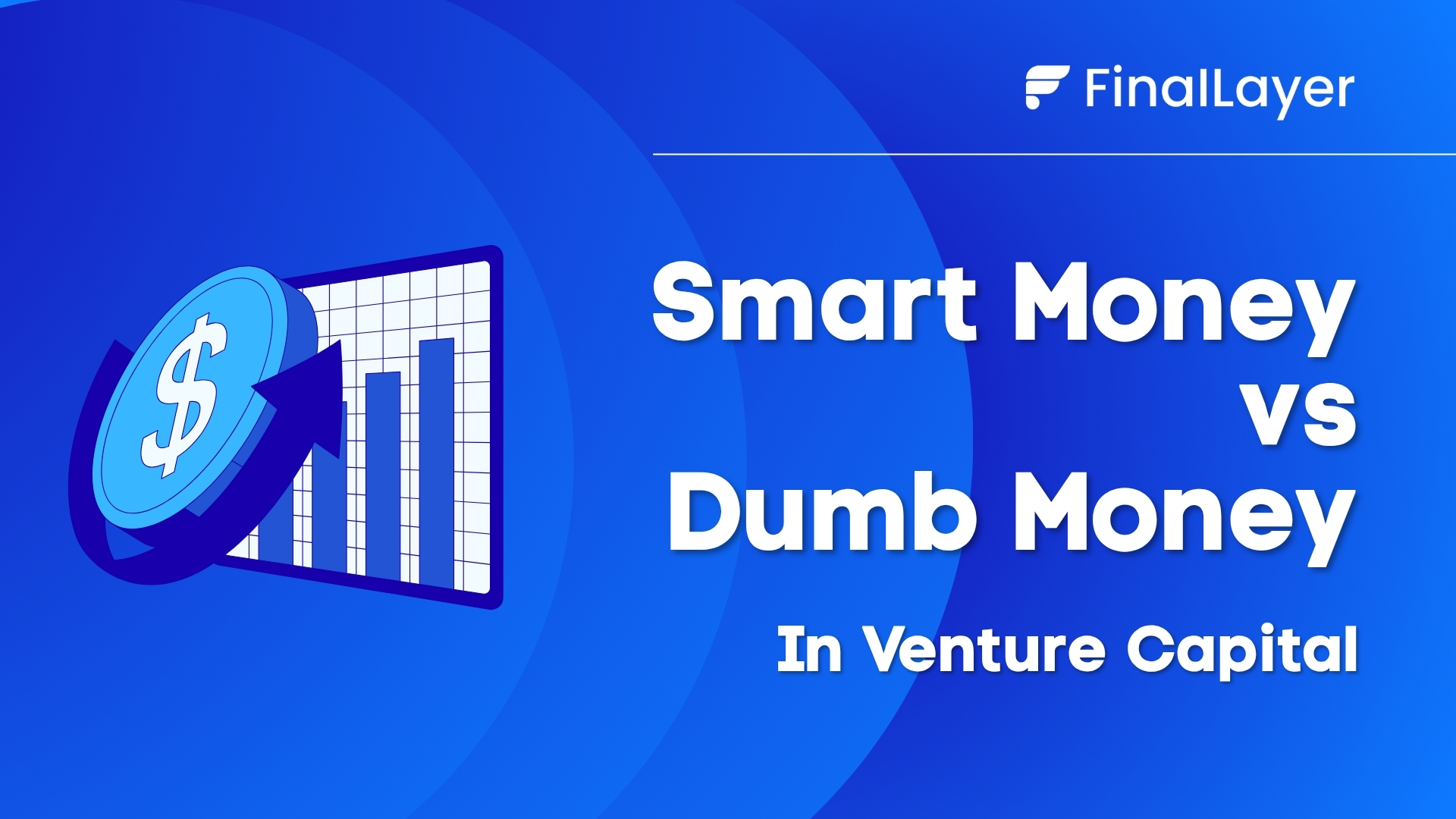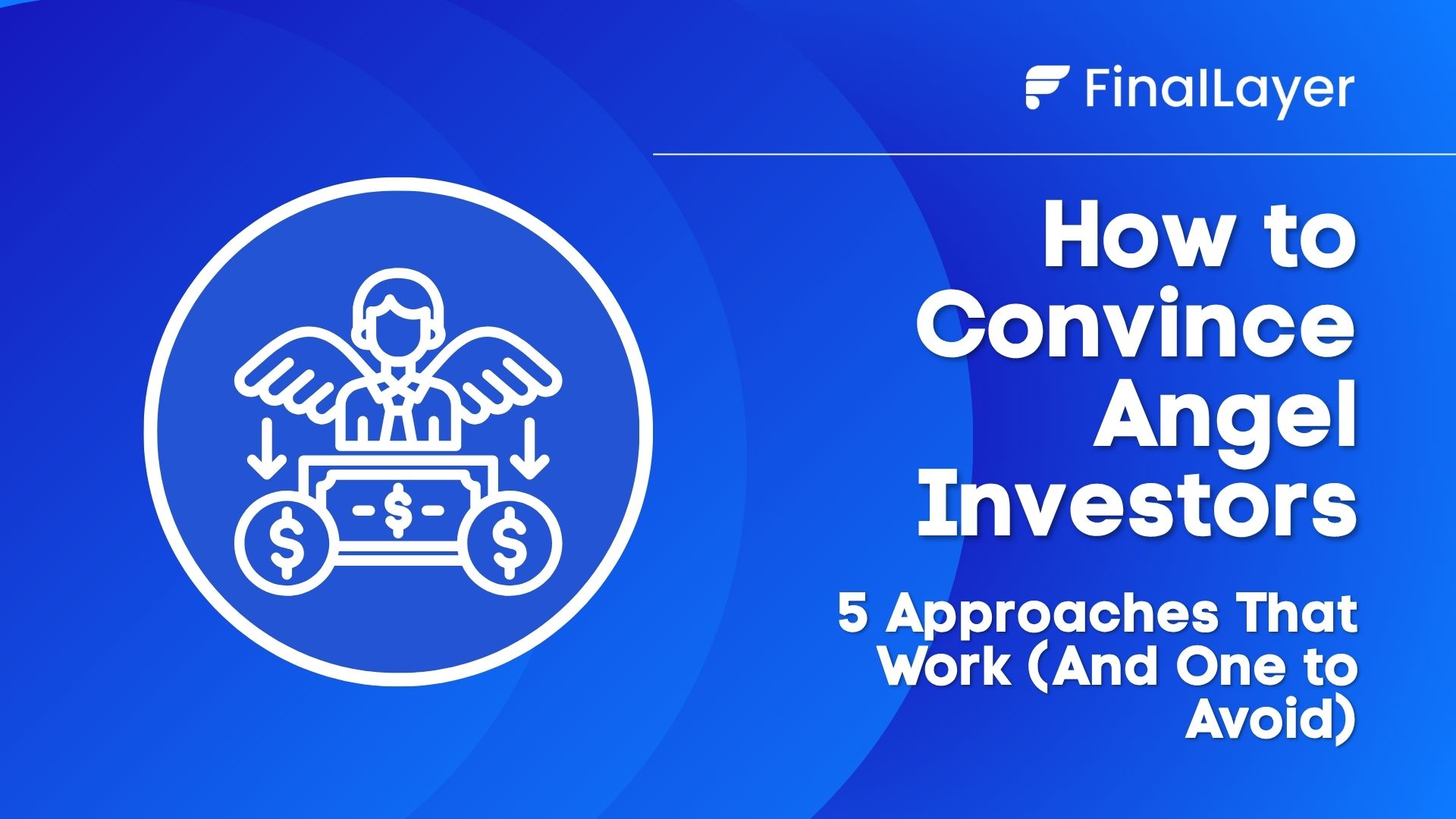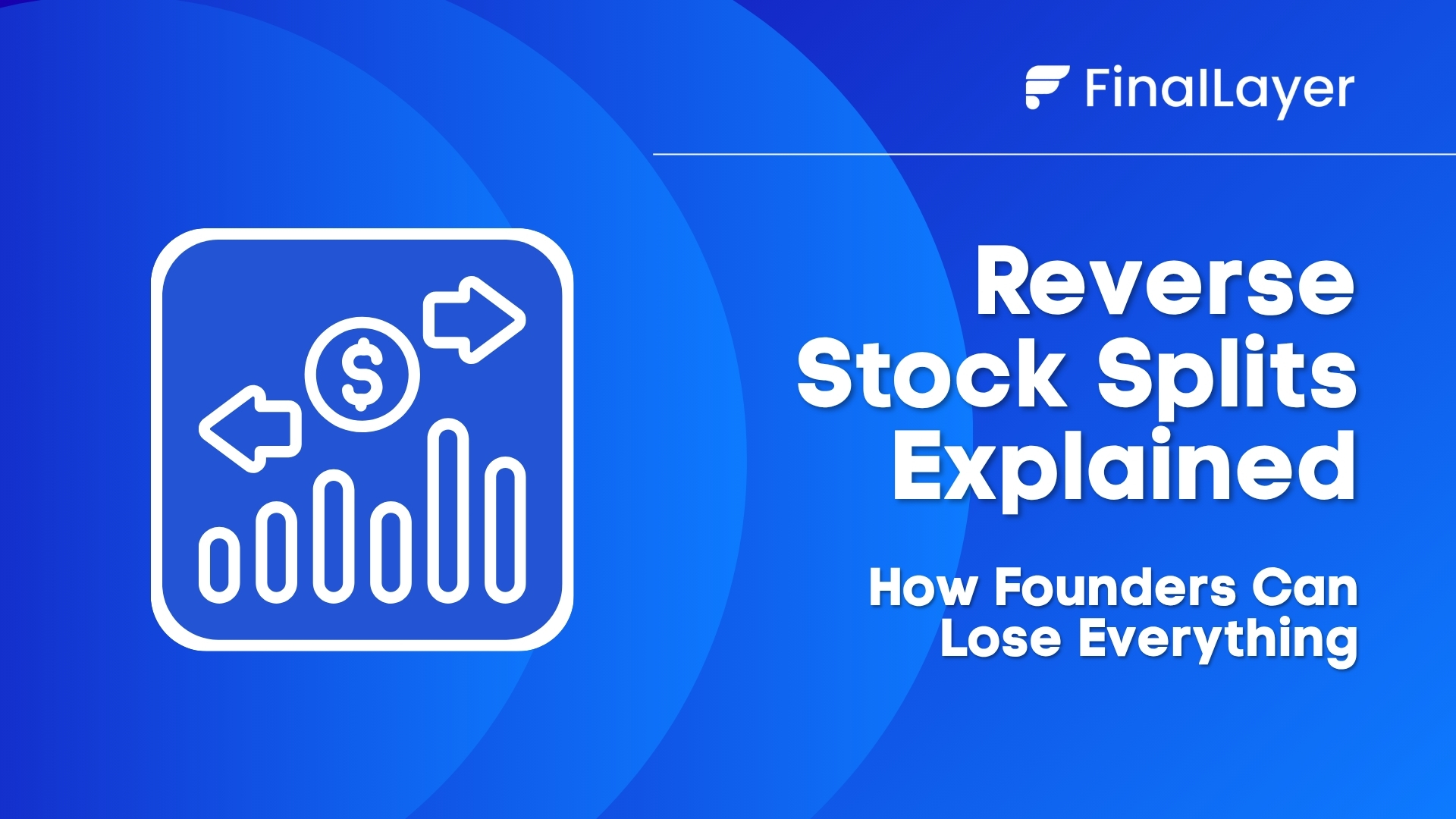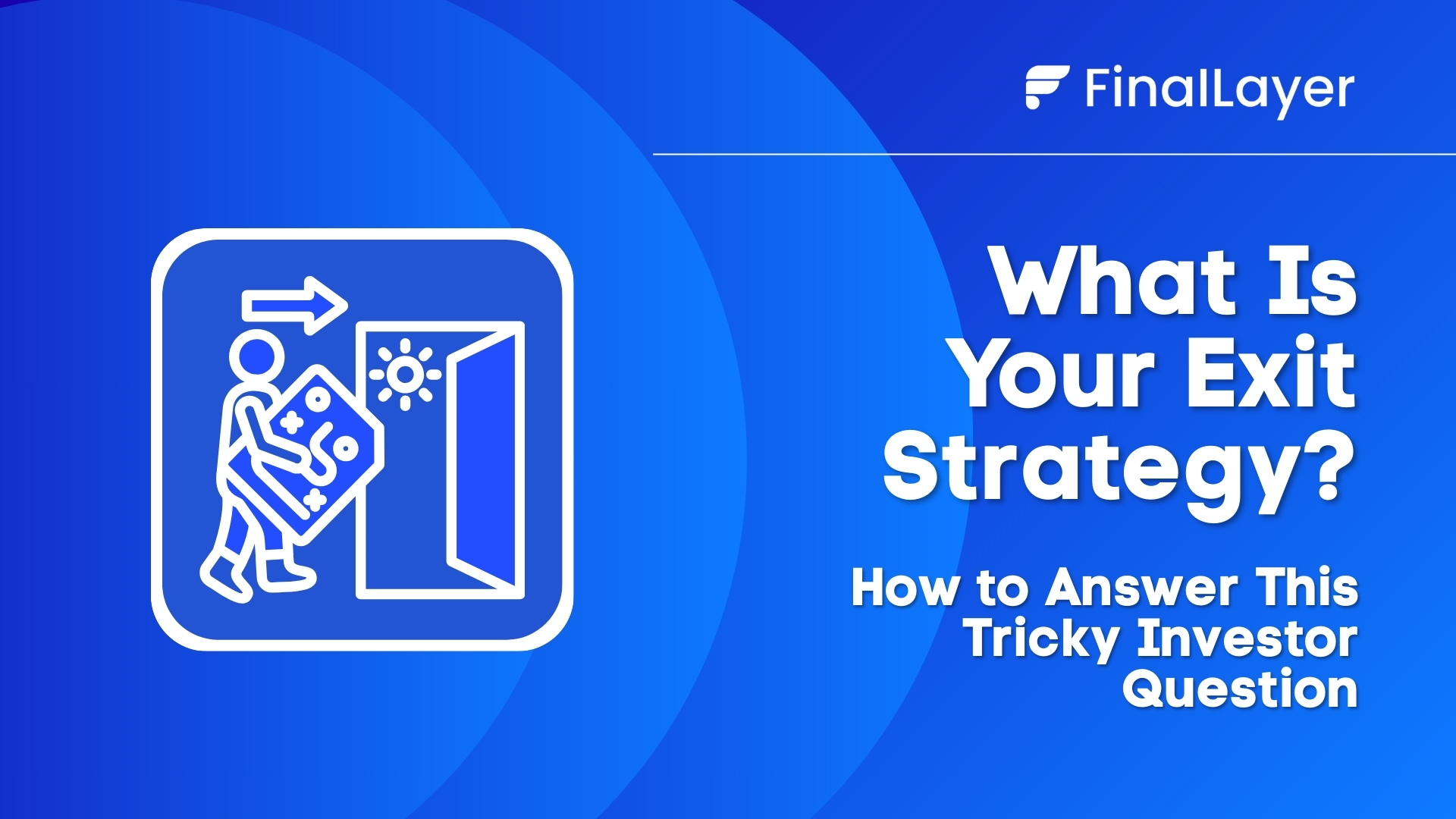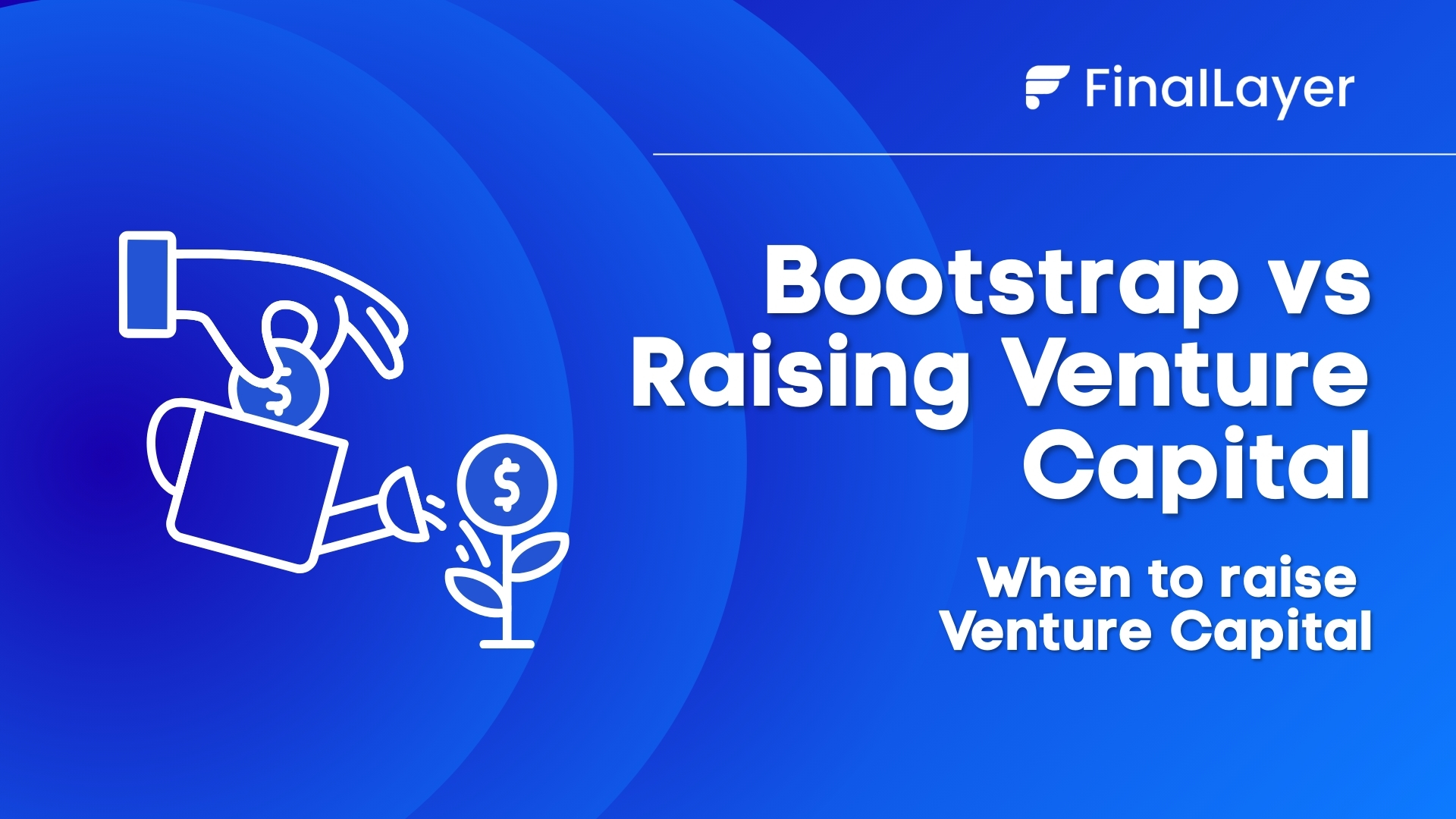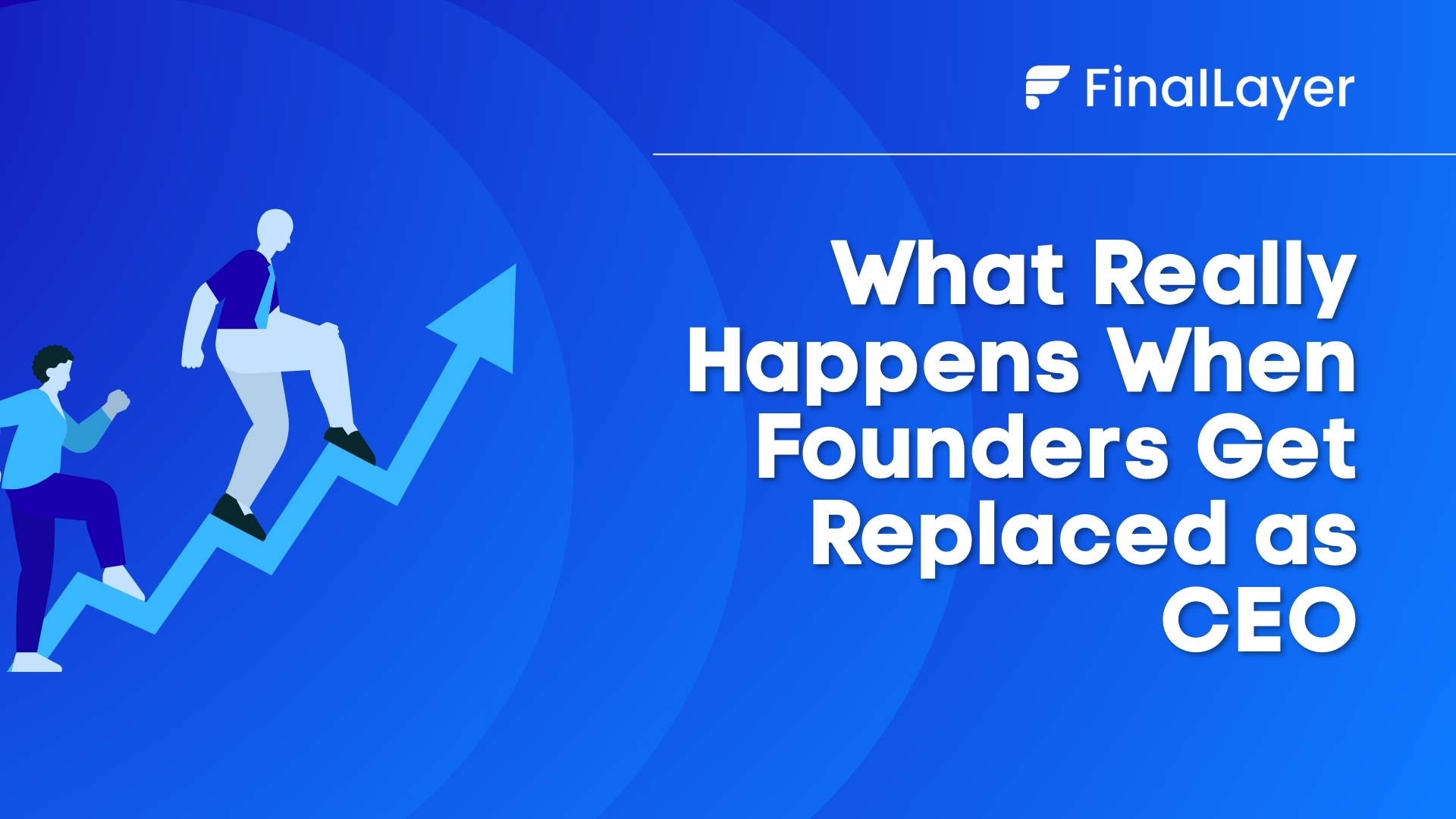Learning to ditch the deck during early stage pitches is one of the most counterintuitive but effective fundraising strategies for angels and pre-seed rounds. The best way to pitch early stage investors is to ditch the deck walkthrough and have a conversation instead. After being a 3x entrepreneur who raised $60 million in venture capital through hundreds of pitches, the pattern is clear: at the angel and pre-seed stages, people care less about exactly what you're building and mostly care about who you are and whether their values align with yours. Understanding when and how to ditch the deck transforms your investor meetings from formal presentations into relationship-building conversations that demonstrate the qualities early stage investors actually evaluate: work ethic, trustworthiness, shared beliefs, and your ability to raise future rounds.
You Still Need a Deck (But Don't Present It)
I'm not saying don't have a deck at all. You should have a deck and that should have been circulated to the person ahead of time. But during the actual meeting, you need to try to have a conversation and build a relationship, not actually walk through your deck.
The deck serves as a screening tool. If investors review it beforehand and aren't interested, they won't take the meeting. This actually saves everyone time. But once you're in the room, the deck has done its job. Now it's time to show who you are.
Do Your Homework
First, figure out who you're going to be speaking with and go into the meeting with more context.
If the investor you're going to speak with is an entrepreneur themselves or has been an entrepreneur in the past, learn something about the types of companies they've built. If they're just an investor but have an active Twitter, LinkedIn, blog, or even a TikTok account, read their content, watch their content, know what they like to talk about and how they like to present their beliefs.
This research transforms your pitch from generic to personalized. When you reference their previous company or comment on a recent post they made, it shows you've done the work and care about building a genuine relationship.
Build Genuine Relationships
Once you're in the meeting, have an actual genuine conversation. It's a relationship building opportunity as much as it is anything else.
What Early Stage Investors Are Really Evaluating
In the early stages, the investor is looking to understand a few things from you:
What kind of person are you? How seriously do you take this company and your mission? Are you going to be able to work hard and do everything it takes to possibly succeed?
Are your core beliefs aligned? Do you think about the problem space the same way they do?
The vibe and trust. Can they sit down with you in good times and bad and still have a conversation? Do they still like you as a person? Can they trust you?
Can you raise the next round? Many angel and pre-seed investors are not capable of writing larger checks down the road if you're in crisis and unable to raise from somebody else. They really need you to be the type of person who is capable of going out there and raising your next round all by yourself.
Understanding the approaches that convince angel investors helps you prepare for these conversational meetings, as the tactics that work (building genuine connection, demonstrating shared values) align perfectly with the ditch the deck philosophy.
My Approach: Conversation First, Always
In my first meeting with investors, I will exclusively have conversations. No decks, no demos, just a conversation.
Typically I would have already sent the deck and demo ahead of time, so if they're not interested in that, they won't even take the meeting. But there are occasional cases where it's a referral and we're connecting on text message or WhatsApp where they haven't really seen the deck but I'm talking to them.
In that case, I will have the conversation first and then send them the deck and demo over email.
Why This Works
Early stage investing is about backing people, not just ideas. Your deck shows what you're building. Your conversation shows who you are. And at the angel and pre-seed stage, investors are betting on you as a founder far more than they're betting on your current product.
Products pivot, markets change, and strategies evolve. But your character, work ethic, and ability to navigate challenges remain relatively constant. That's what early stage investors are really investing in.
This conversational approach also applies when you're creating your angel pitch deck itself. The deck should be visual and scannable because investors spend less than 10 seconds reviewing it before deciding on a meeting, making the conversation even more critical for actual relationship building.
What If They Ask to See the Deck?
If an investor specifically requests to see your deck during the meeting, show it. But try to keep even this interactive and conversational rather than a formal presentation. Use the deck as a conversation starter, not a script to follow.
The goal remains the same: build a relationship and show who you are. The deck is just a tool to facilitate that conversation if needed.
At FinalLayer, we've used this exact approach to build relationships with investors who believed in us as founders first, and our vision second. That foundation of trust and alignment makes all the difference when things get hard.
If you're preparing for early stage fundraising and want to discuss pitch strategies with other founders, join our founder's Slack community where we share experiences about what works in investor meetings and how to build genuine relationships in the Founder Resources tab.
